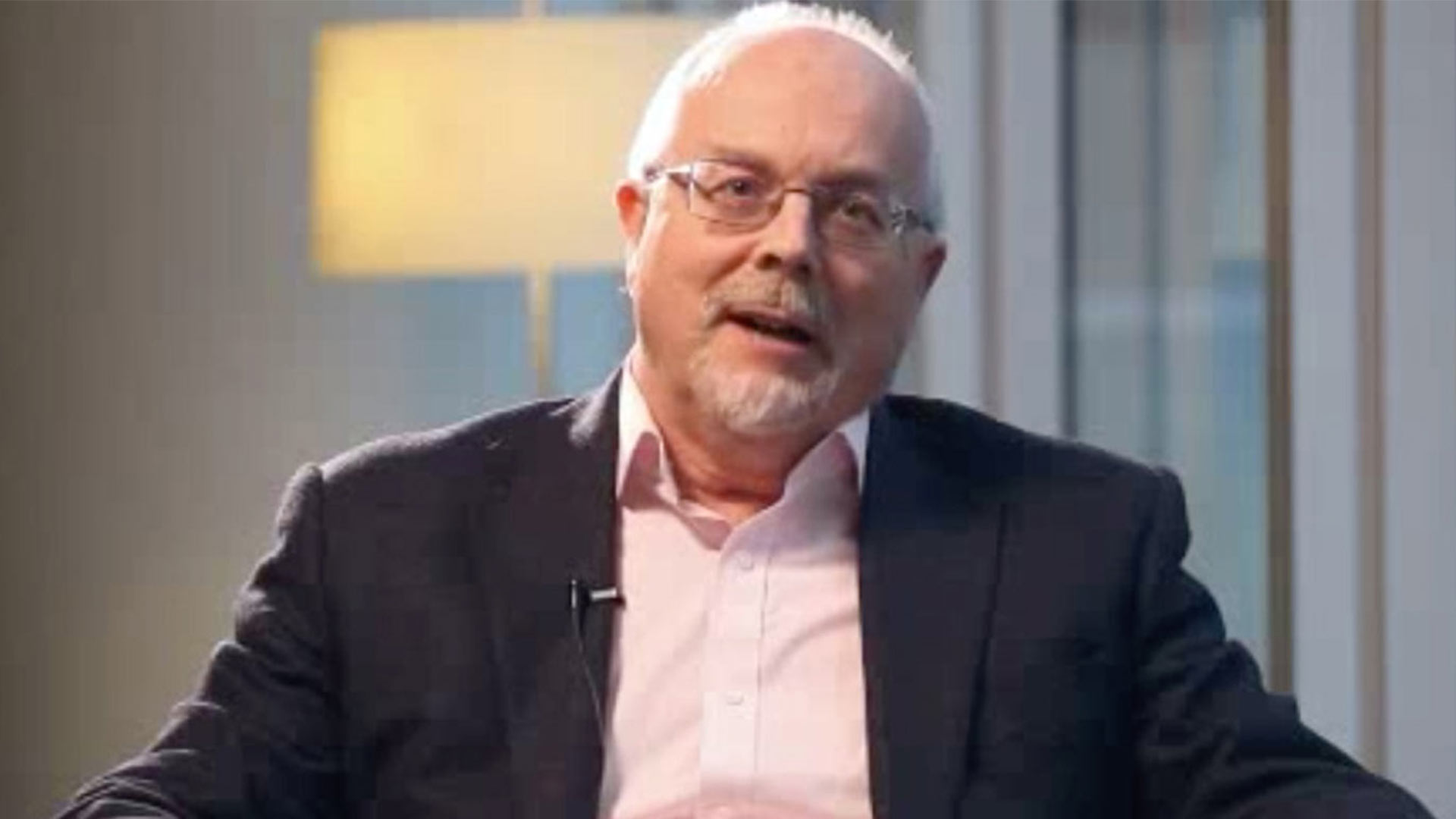
Calnan on jurisprudence
The law of unintended consequences | Issue 18 | 2020 | What's in a name?


All legal systems draw a distinction between property and obligation—between owning and being owed. This distinction is important, particularly in an insolvency, but it is not always easy to draw.
Simon Cooper was a director of Powerhouse. He was entitled to a car as part of his employment package. He bought a Mercedes cabriolet on credit from a finance company, and Powerhouse paid the instalments. He later resigned, but he wanted to keep the car. So he paid £35,000 to Powerhouse to pay off the balance. But Powerhouse went bankrupt and, as a result, Mr Cooper lost the car. He therefore asked Powerhouse for his money back. Powerhouse said that he was a creditor—like any other—and would have to line up with the other creditors for a dividend.
Was Mr Cooper entitled to his money? The outcome depended on the answer to this question: did Mr Cooper have a proprietary right or just a personal claim? Did he own the money, or was it owed to him?
Proprietary rights can be enforced against people generally. Assume that a thief steals my car, and that it ends up in the hands of an entirely innocent purchaser who has paid good money for it. My proprietary right to the car is enforceable against both thief and purchaser.
Personal rights can only be enforced against a limited number of people. If you promise me that you will not sell your car without allowing me to buy it first, and then you sell it without doing so, I will have a claim against you for breach of contract, but I will not have a claim against the buyer—even if he or she was aware of your promise.
The distinction is important in an insolvency. Assume that I have agreed to buy a car from a garage. I pay the price but, before the car is delivered, the garage goes bankrupt. If the title to the car has passed to me, I will get the car. I am not just a creditor of the garage: I own the car. But if I had sold a car to the garage on credit and not received payment, I would only have a personal claim against the garage, and I would have to stand in line with its other creditors.
All legal systems recognize the distinction between personal and proprietary rights. Many also acknowledge that full ownership is not the only proprietary interest. The difficulty comes when drawing the line. And different legal systems draw it in different places.
In the common law systems such as England, if you own a house you can hold it against all-comers. But if you have a mortgage, your bank also has a property right in your house and can sell it if you don’t pay. You both have property rights in the same asset; and so each is protected in the insolvency of the other.
If you take a lease of a flat, that gives you a property right. But not if you have a licence—that is only a personal right against the owner. And whether you have a lease or a licence does not depend only on the words used. It depends on whether, in substance, you have exclusive possession of the flat for a period of time.
Drawing the line can be difficult. So let us return to Mr Cooper. Was he entitled to his money? The court said yes. In my opinion, that was the wrong decision. But that really doesn’t matter. Mr Cooper got his money.
© Norton Rose Fulbright LLP 2025